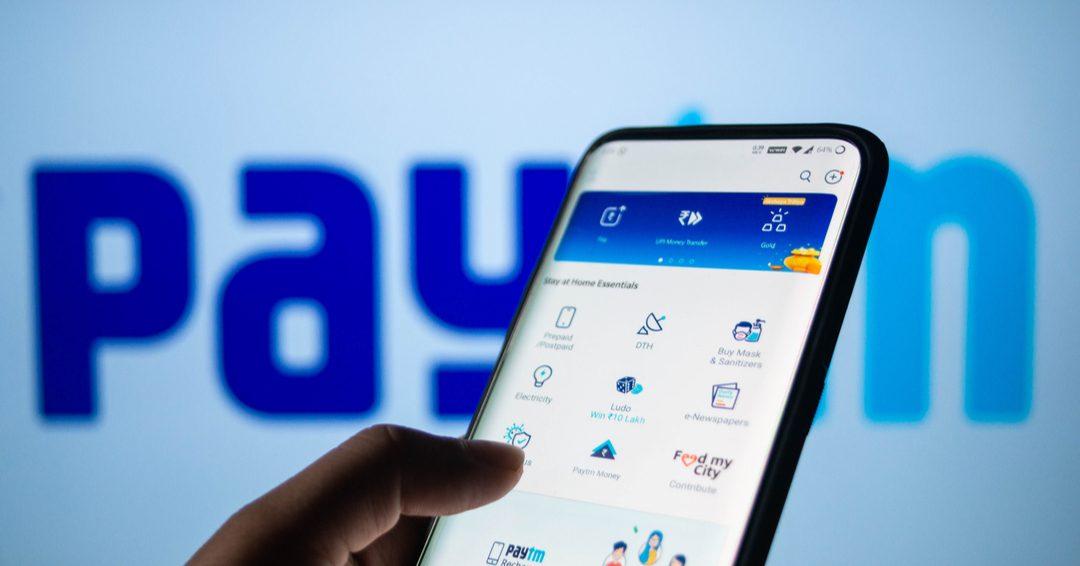(This column first appeared in The Ken on October 11, 2021)
- When Aswath Damodaran, Professor of Finance at the Stern School of Business at New York University and the ‘dean of valuation’, decides to value Indian startups heading for the bourses, you take notice. Last week, he valued Paytm’s* impending IPO. If it gets the regulator’s nod to go ahead with the listing, Paytm is likely to be among the biggest IPOs in India. The company aims to raise Rs 16,600 crore (US$2.13 billion) and news reports say it is expecting to list at a valuation of anywhere from US$20-30 billion. Damodaran valued it at the lower end of these estimates at US$20 billion. In comparison, he had valued Zomato at about US$5 billion compared to the US$8 billion it was expecting to list at. It’s another matter that the Zomato stock zoomed after listing and is now valued at over ~US$14 billion. In his analyses, Damodaran actually attributes lesser risk of failure to Paytm than he did for Zomato. The probability of failure for Paytm, he says, is 5% as opposed to the 10% he had pegged for Zomato. Now, both are loss-making companies. Both operate in intensively competitive markets. But, as the professor notes, Zomato’s ability to make revenue from each order at about 20-25% of the order value is much more than Paytm’s take rate (revenue) of 1% on the transactions it processes. So why does Damodaran peg a higher valuation for Paytm than for Zomato?
Also Read: Jim Corbett was an Englishman and an Indian: Devyani Onial

